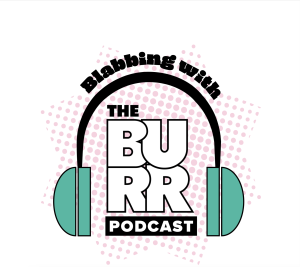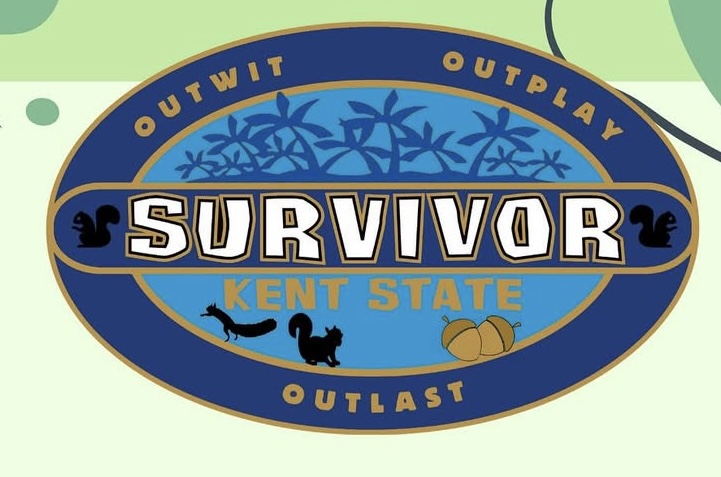Session #1: Privacy
I’m prepared—or at least, I hoped I was. I’ve taken precautions, such as avoiding onions prior to the session and armored myself with waterproof mascara. Seated stiffly on the cushions in the lounge, I felt anxiety similar to that at the dentist’s or waiting on a Tinder date (although I only speak from personal experience for one of them).
What if my therapist looked like my ex? (Once again, I speak from hypothetical experience) Will I instinctively recoil at the sight of an overgrown beard? On the contrary, what if my therapist looked like one of my parents? How will I resist blabbering like the conceited child I’ve been? My greatest questions centered around the fact that I may release more information than necessary, and that is without the onions. How much do I share about myself? Where do I draw the line? How do I define privacy? These are the spectrums I’ve drawn out as I partake in the journey of discovering what privacy means to me:
Too outspoken vs. too private
How much is too much? Should the entire session be filled with my thoughts? On one hand, I’m thrilled to let my therapist into my head so that she’d understand my oh-so-important ideas. On the other hand, I’d be ruining my reputation among my circle of friends as one of the best secret-keepers around.
My thoughts: Therapy sessions are a paramount time to pause and reflect. Be as honest as you’re comfortable being. It’s a time for you to breathe, recollect your thoughts and talk about where you are in life. Nobody’s here to judge.
Too self-absorbed vs. too self-deprecating
Am I being too egoistic by talking about myself for far too long? I’d caught enough hints—thanks to my dear elder cousins—that I’d hogged all attention during reunion dinners (hey, I can’t help basking in the consequences of being youngest!). Jokes aside, I admittedly indulge in self-deprecating humor. Is that unhealthy?
My thoughts: Talk to your therapist! After all, they’re here to listen; shoutout to my therapist for being such a patient human being! If you’re naturally expressive and love projecting your thoughts, the session shouldn’t be a problem for you, but it won’t hurt to turn it into a dynamic conversation either. As for me, I worry about being that bad friend who only calls up to complain. My personal growth comes in learning to be more open than to suppress my thoughts. Either way, your therapist will be glad to work this one out with you!
Too weird vs. too boring
Does this sound too dramatic? Or, are my stories too mundane? Being raised in a community in which mental health is still stigmatized, my first step to understanding mental health was acknowledging that my personal perspective matters. Therapy sessions run parallel to my journaling experience. On some days, there isn’t much to mull over, and that’s okay. In fact, I’m grateful enough for the plot twists that reality has already presented to me. Other times, there’s truth in Taylor Swift’s songs because, “I swear I don’t love the drama, it loves me.”
My thoughts: There are two facts to set straight: each of us has our own quirks, and every one of our emotions deserves to be acknowledged. We truly are storytellers by nature, even if we don’t admit it. When recounting an event, it’s hard not to mix the two up or avoid bias. Yet, there’s nothing wrong with telling the truth as seen in your perspective. As much as I love my family, an outsider’s perspective can be immensely helpful.
My therapist enters, her hair in beautiful braids and smile-lined eyes. She reminded me of calming lavender tea and squished hugs from my curly-haired best friend back at home. Sure enough, we discovered that we have the same favorite colors. I breathed a sigh of relief.
P.S. If you’re still unconvinced about the benefits of therapy sessions, allow me to shamelessly recommend NPR’s LifeKit episode about “How To Start Therapy.”
















